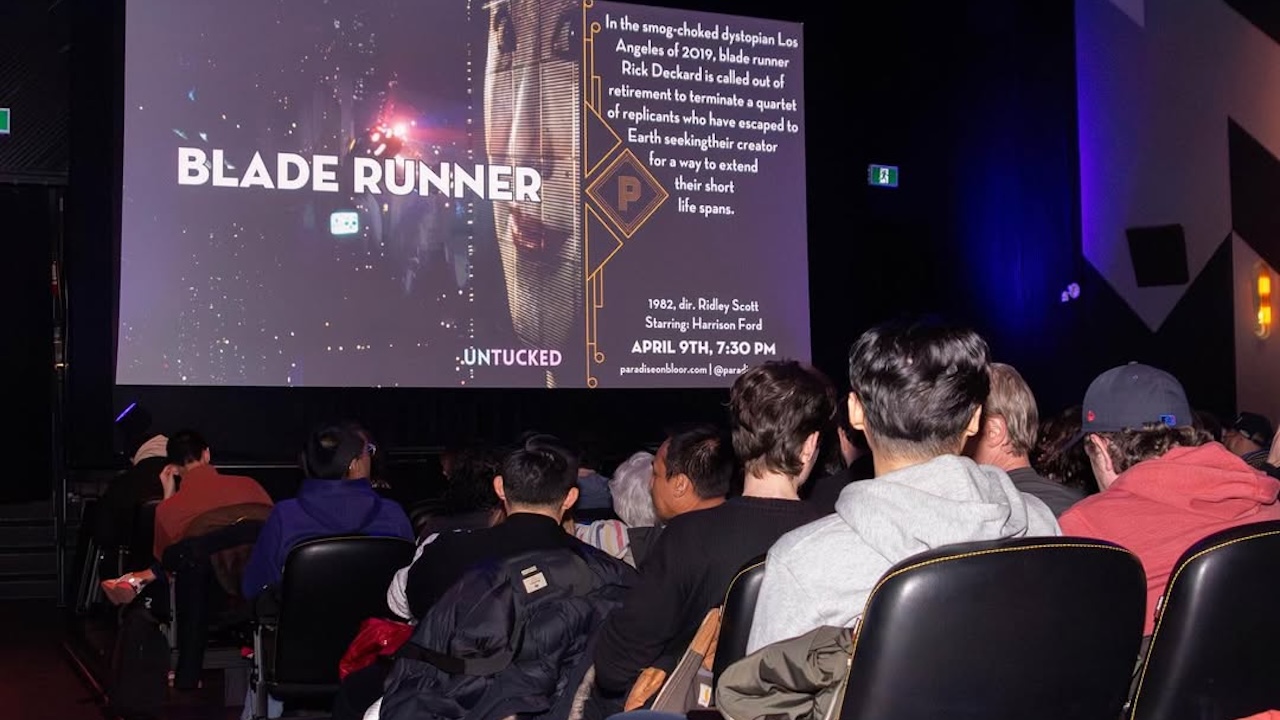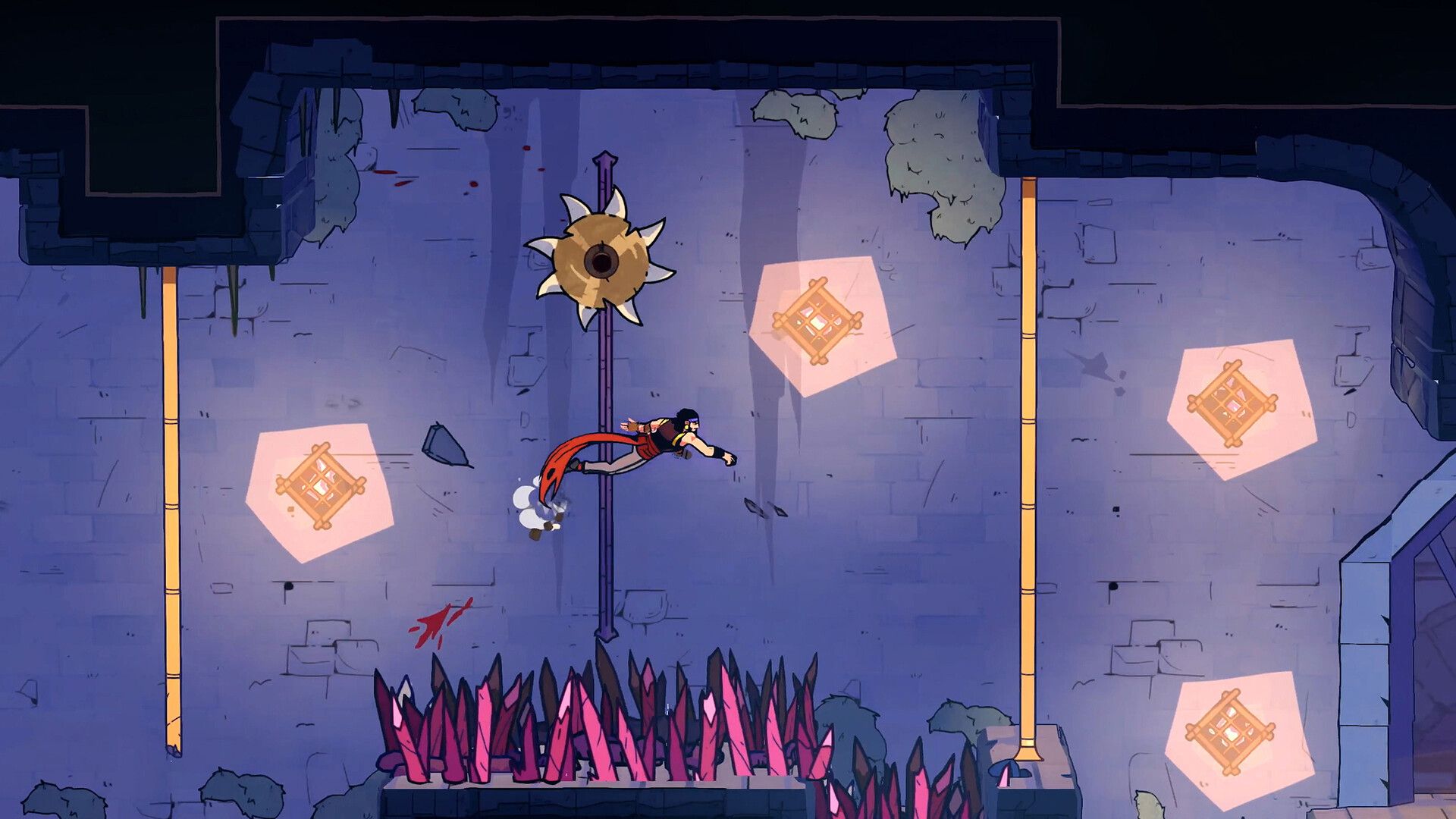First Person is a daily personal piece submitted by readers. Have a story to tell? See our guidelines at tgam.ca/essayguide.
Illustration by Alex Deadman-Wylie
“In Just-spring when the world is mud-luscious … when the world is puddle-wonderful,” E. E. Cummings wrote in 1920. Inspired by his magic words, my wife and I set forth on a blue-skied May non-weekend day, as seniors and retirees often do, to a local nursery. The parking lot that afternoon was jammed with floral thrill seekers, walking hand-in-hand, humming their favourite springtime melodies. We were not, though, in pursuit of mud or puddles, or the seasonal flora that had just arrived. Rather, the object of our search, our holy grail, was the beneficial nematode, the mortal enemy of that destroyer of green lawns everywhere, the white grub.
Our purchase completed, the microscopic worms drooling with anticipation in our ice-containing picnic cooler, a precautionary placement to keep them alive and in combat mode, we returned to our car in a fighting mood, prepared to go back home and engage with our foe.
I would be quite unable now, unlike in days of yore, to parallel park an 18-wheeler equipped with a stick shift. However, I should inform you, for reputational reasons that will soon be apparent, that I recently passed, magna cum laude, the cognitive awareness component of the Ontario drivers’ examination for those in their ninth decade. The test? To draw a clock that indicates a time specified by the examiner. No clock was ever drawn with more care and precision than mine, I must say.
First Person: After a car accident, I worried I’d slipped from skilled professional to incompetent old man
Thus, secure in my ability to extricate our automobile from its parked location, I began to perform the required manoeuvres. Nevertheless, despite my government-certified cognitive acumen, the function of one body part pivotal in the performance of an automotive reversal was impaired by a momentary attack of arthritis. I refer, of course, to my neck. I asked my beloved, therefore, semaphore in hand, to place herself in a strategic position behind our car, but for her safety, off to one side, to ensure that I did not engage our vehicular steel with that of another.
Suddenly, a fellow senior, a woman of 60-ish vintage, shouted to my wife: “Should he be driving?”
Stunned, my confidence shattered that I would drive one more time in the Indy 500, I wanted to explain to her that I thought it would be better for the security of us all, owing to my temporary bout of arthritis, that my spouse should oversee our reversal in this very crowded parking lot. I also wished to demonstrate my clock drawing expertise to her so that she could see I was aware of the complexities involved in backing up our Honda. However, she continued to remonstrate with my wife. So, switching gears, I commented on her perspicacity, congratulated her on her epidermal enhancements, and left my spousal protector to disengage us from this most unpleasant moment.
First Person: The delicate dance of a four way stop says so much about people – and our world now
But my wife did not have to draw her verbally terrible, swift sword from its mental scabbard to rescue her hapless octogenarian husband. A Joan of Arc, another woman of 60-ish vintage, clad in her armour of summer shorts and a tank top, emerged from the sunlit chariot adjacent to ours and suggested that my assailant should desist from her assault. And the war among the roses commenced. An exchange of two-word salutations between the two warriors, which began and ended with the sixth letter of the alphabet, followed. The blooms outside the shop, red-faced with embarrassment, wilted.
In a desperate bid to restore peace among the combatants, I thought again that I should approach my reproacher and suggest that in this peaceful place of floral renaissance, we join with the other seniors present in a seasonally appropriate celebratory gavotte, accompanied by lute. Perhaps on this occasion, we would forget the kiss with which that 16th-century dance traditionally concluded. But there was a problem. I did not own a lute, nor did anyone I knew. The situation complicated further by my fear that she would breach the ceasefire and scream, “Should he be dancing?” I resisted the urge.
Instead, after careful study of our owner’s manual and a brief discussion with another driver about the suitability of my choice, I selected the letter D, indicating dead ahead. Once again, I proceeded to head toward home, moving in the words of a character from The Simpsons, “forward, not backward … and always twirling, twirling, twirling.”
Thomas Laver lives in Toronto.












![21st Aug: Fall for Me (2025), 1hr 45m [TV-MA] (6/10)](https://occ-0-1081-999.1.nflxso.net/dnm/api/v6/Qs00mKCpRvrkl3HZAN5KwEL1kpE/AAAABcV3UCeRgOYjzGarJHqnM1Wg-3zoII--8chX87ervGYpPTkB-6aq2L65swOMQVJ_v4O6fmbNxVDkinemVIK7SPmpqbqrYgEmjNM5svkPEEXO2HWBHj59C-jOVVeHGsX6EusF77iCZn9fKDcMCOYZT6LeDNG6F8ijl_s76TeyNvOB5DZiydC4eQFyytuPwsQ_WjUQhjYFOQ.jpg?r=f83)

